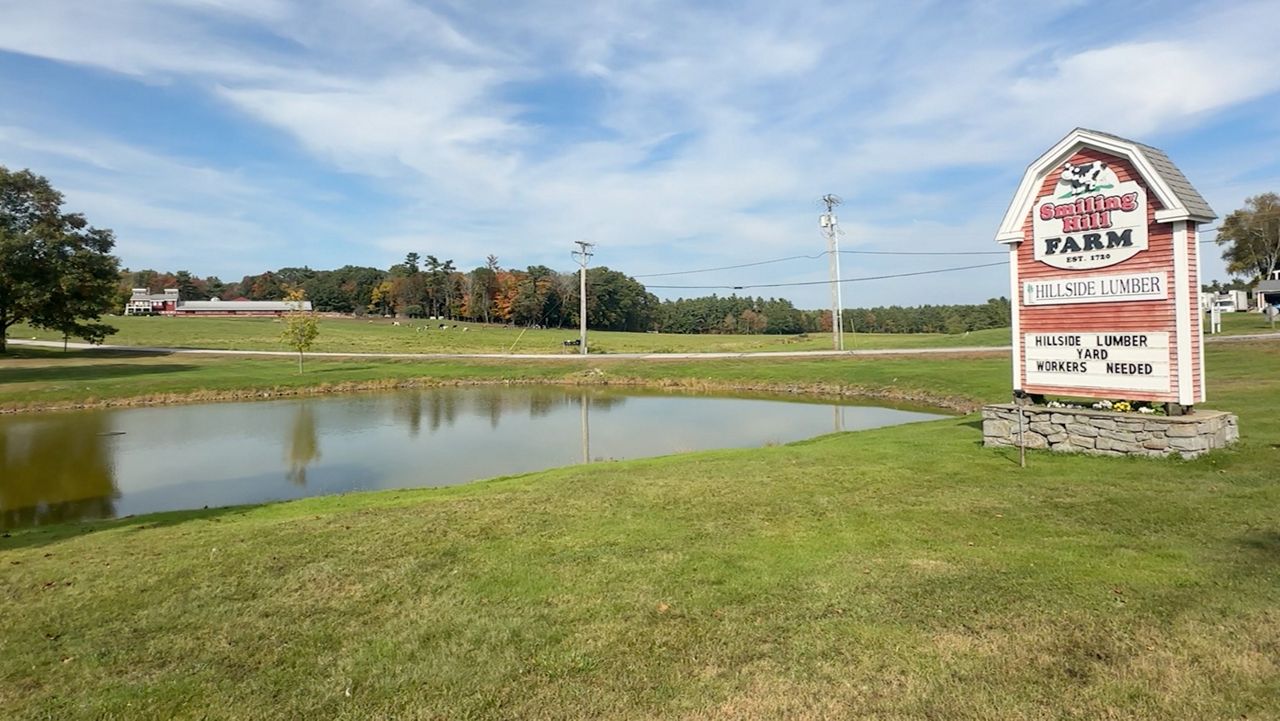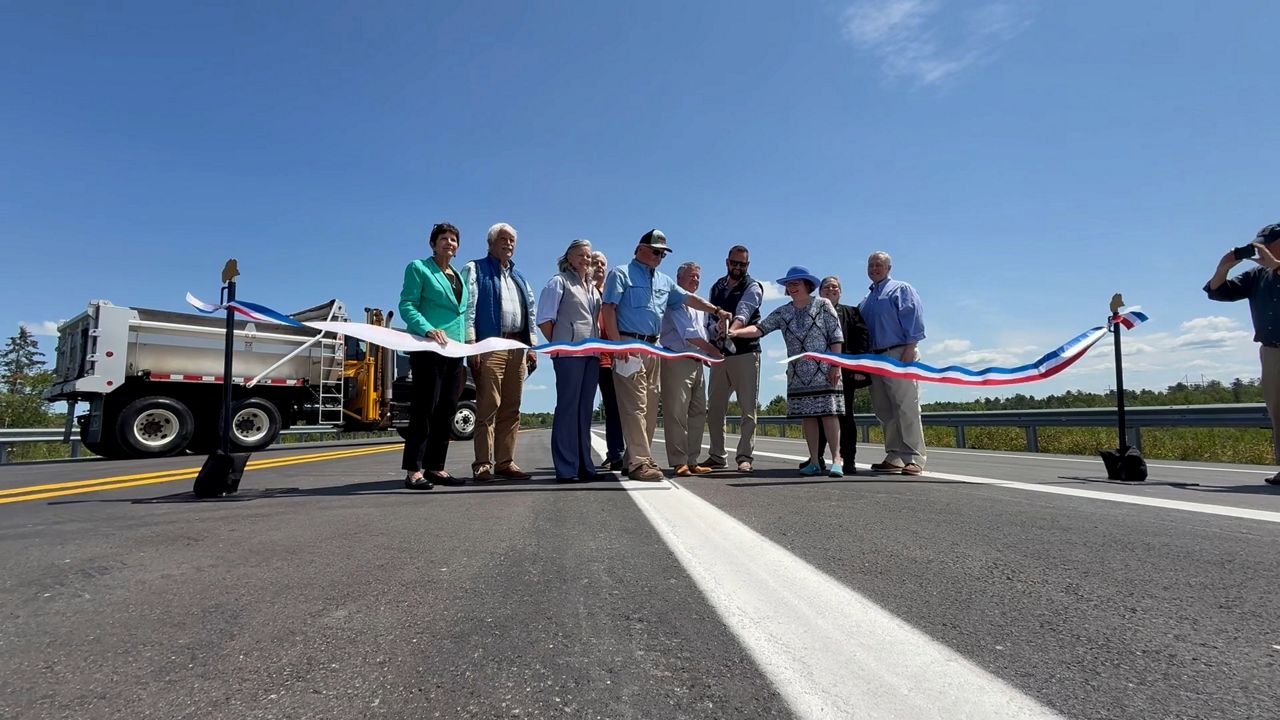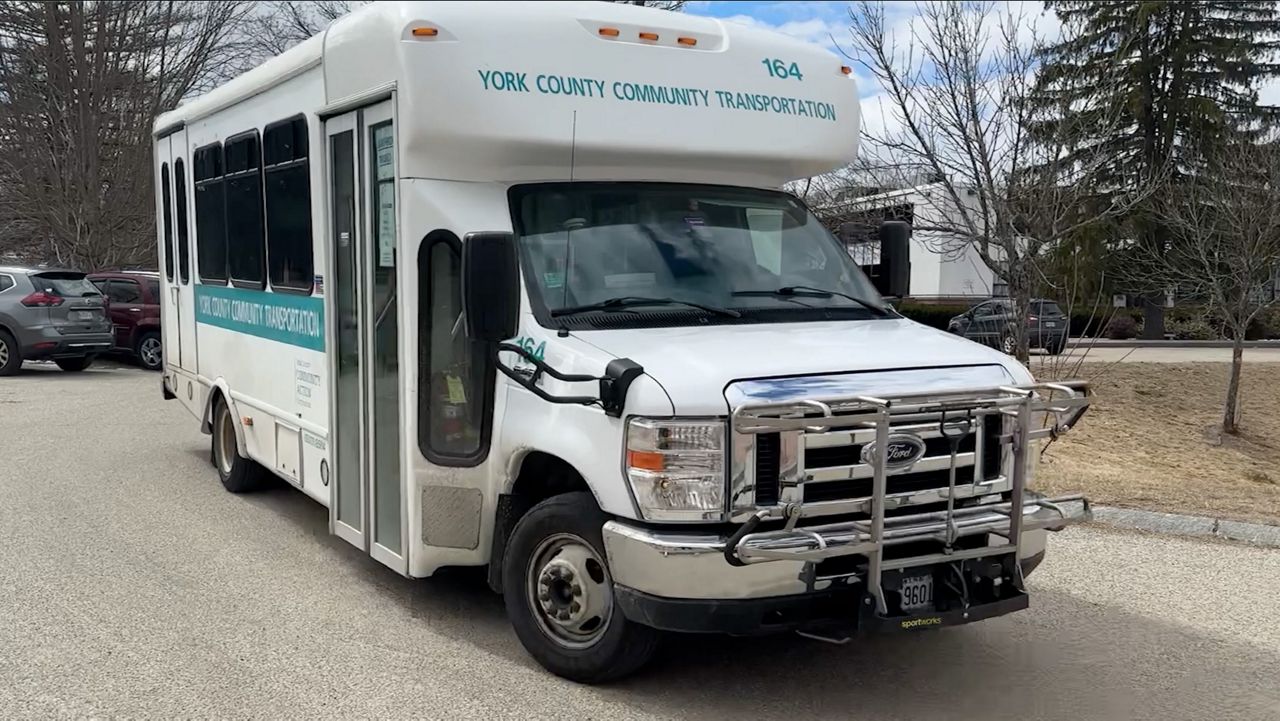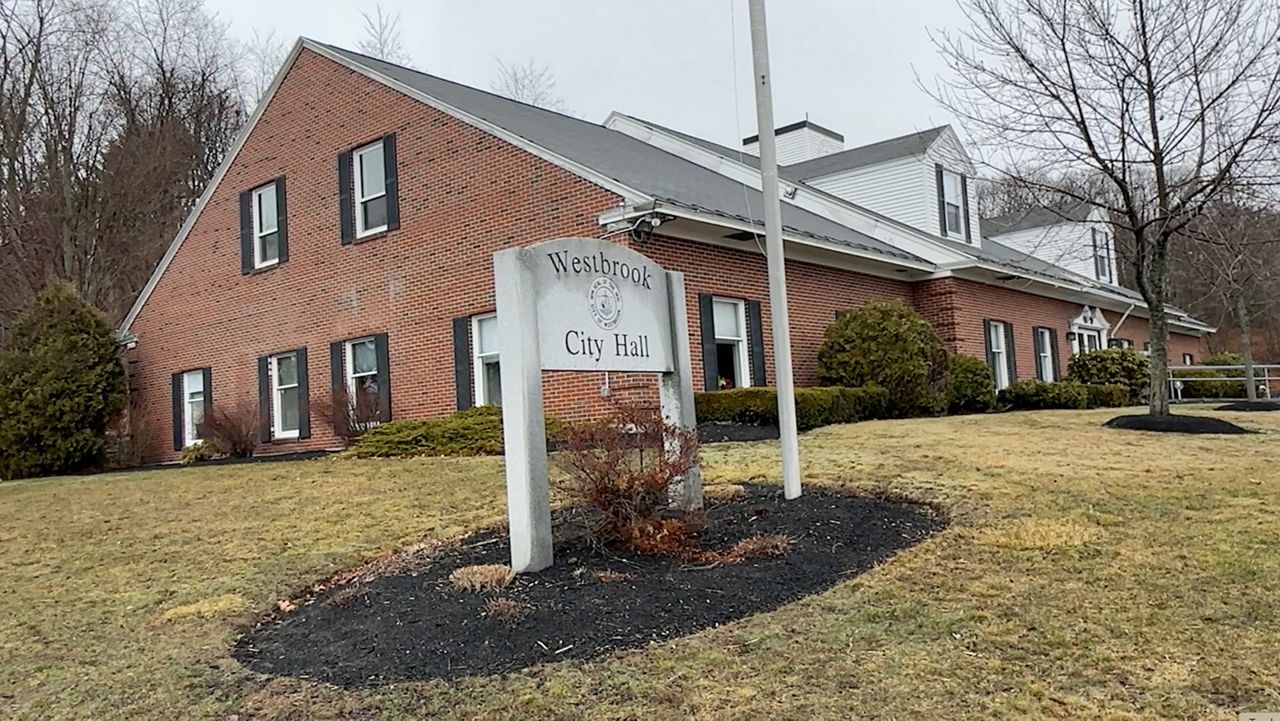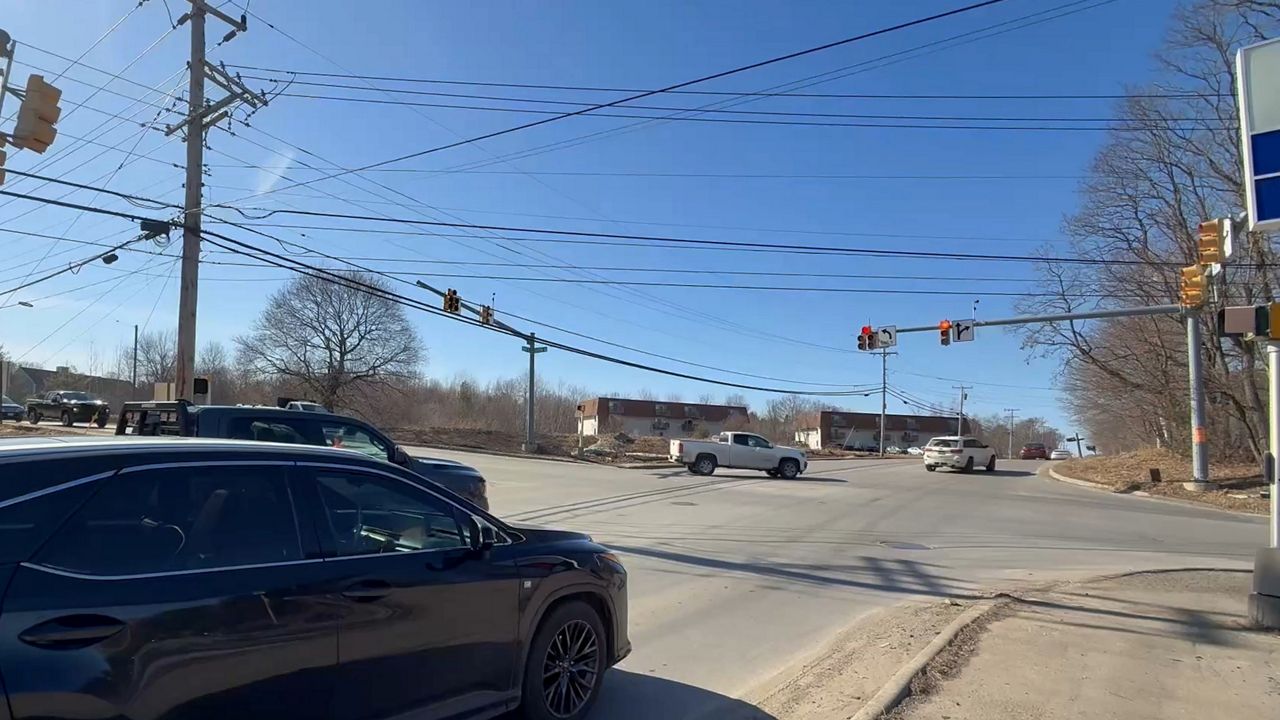The ongoing effort to create a connector from Gorham to the Maine Turnpike took a blow last week as the Scarborough Town Council walked back its support of the project.
The 6-1 vote on Oct. 2 has left officials from the Maine Turnpike Authority trying to figure out what to do next.
“This is a regional issue that impacts safety and the quality of life in a number of communities,” said Erin Courtney, a spokesperson for the authority. “The work to review and present alternatives will take additional time.”
The project, which the authority estimated in a revenue study in September will cost $331 million, aims to address growing traffic problems outlined in decades of studies.
According to various documents and presentations from the authority, its solution to the traffic problems is a five-mile connector stretching from Exit 45 on the turnpike to the Gorham Bypass on Routes 112 and 114.
If built as planned, it would snake through four communities – Scarborough, South Portland, Westbrook and Gorham.
Initially, officials in Scarborough issued a resolution in support of the project, spelled out in a memorandum of agreement with the authority inked back in May.
But after months of backlash from the public, the council voted to rescind its support on Wednesday. The resolution, in part, indicated the public did not support the project, citing “strong opposition” on the part of local residents.
The resolution also said the authority “has not fulfilled all the terms” of the memorandum agreement, but did not get into specifics.
At the Wednesday meeting, public interest in the issue was clear; the room was packed with concerned residents, many of whom wearing matching red t-shirts saying, “Help Save Smiling Hill Farm.”
The shirts are a reference to concerns by the popular Westbrook dairy farm’s owners, the Knight family, that the project will gut the farm by removing more than 45 acres of the farm’s property.
“Our farm has stood on this land since 1720, which goes back 13 generations,” the family wrote on the farm’s Facebook page in June. “Hay fields are vital to the survival of cows on a small family farm. Small dairy farms have all but disappeared in the greater Portland area, and continue to decline in our state, and in our country.”
At Wednesday’s meeting, Scarborough resident Maureen Desveaux, of 15 Wynmoor Drive, was wearing one of the t-shirts supporting the farm. She said her children had visited Smiling Hill, and that the farm had provided field trips and other educational endeavors for years.
“The way we reward all of that generosity of sharing their property, their farm, their values and their education is to support this? To go through their farm with a turnpike? I just don’t think we can ask people and businesses to support our community, and then when they need our support in return we throw them under the bus,” she said.
Gorham resident Jennifer Watson also supported the new resolution. She said putting the decision on solving the traffic problem in the hands of the authority alone invited bias against other solutions such as public transportation upgrades.
“If you want a solution to a problem, don’t just ask one group, because if you ask a group that builds roads, they’re going to tell you the solution’s a road, because that’s what they’re selling,” she said. “You’ve got to look at other options as well.”
During discussions, Councilor Jon Anderson said on paper, he could see the logic of the connector proposal, but admitted in recent months he has taken public opinion into account more.
“When I think of what’s important to the community, I think I’ve learned my lesson to listen and sometimes it’s not just (about) going with my brain it’s going with my heart, and my heart in this one just says this is not right for Scarborough,” he said.
Jean-Marie Caterina cast the only dissenting vote, saying local residents told her they wanted the connector to help alleviate local traffic problems.
She also noted that part of the source of growing traffic is an influx of residents moving to locations west of Gorham and commuting east. As a real estate broker, she said she has seen the trend firsthand, and called anyone who thinks they can stop it “delusional.”
Further, Caterina added that other options such as bus or rail service are nice in concept but may not be practical for commuting residents west of Gorham.
“Vehicles will remain part of the equation for decades to come,” she said.
Despite her opposition, she applauded language in the resolution indicating the town may reconsider its decision, and remains open to working with the authority. This, she said, makes the resolution “a reset, rather than a termination.”
The council voted 6-1 to pass the resolution, with Caterina casting the only “no” vote.





